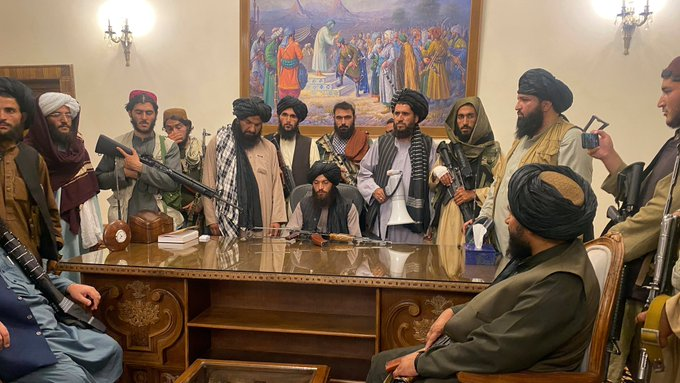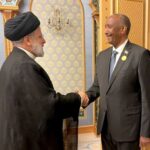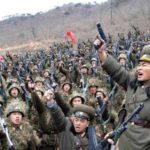The Supreme Afghan Leader (Emir) Haibatullah Akhundzada has strengthened his grip to power, formulating new federal institutions functioning under his decree and implementing policies from his limited office in Kandahar. Under his leadership, the regime (since 2022) has been focusing on preferring Taliban leaders from the south, appointing them in key positions (from Provincial to Federal), and opening doors in the military command ranks since May 2023. With the nation suffering from food insecurity, impacts of climate change and extreme poverty, the Taliban government appears to manage the economic crisis, even reversing some impact, a claim made by a high-ranking Taliban leader within the Afghan Ministry of Economy.
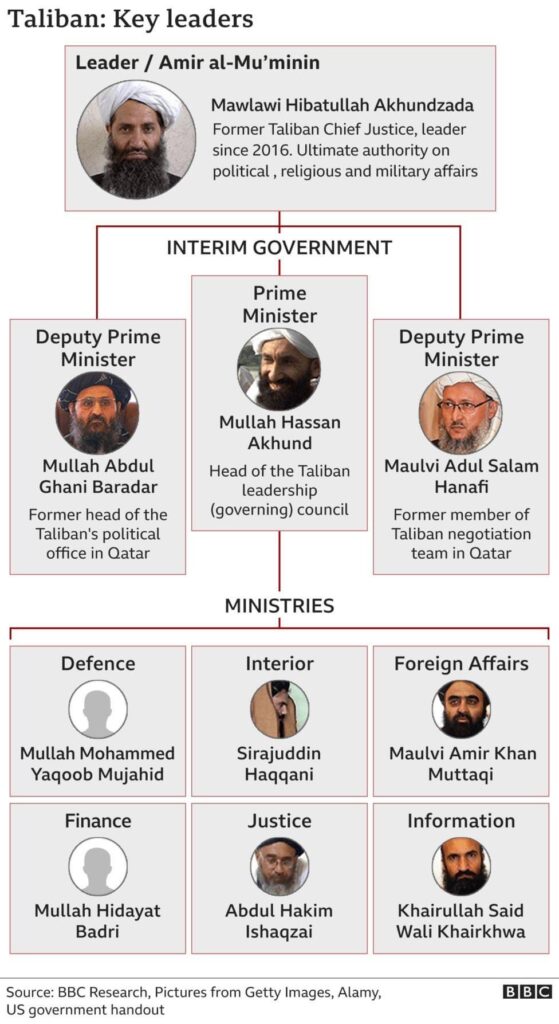
Thus Russia and China, have intensified their engagement with the Taliban regime in the last three years, a trend which appears to increase in the remainder of 2024-25. Islamabad’s engagement with the Taliban reflects serious mistrust and dissatisfaction, exclusively from the group’s inability to take formidable action against the Tehrik-e-Taliban Pakistan (TTP), that have active bases in the eastern and southeastern parts of Afghanistan, with two camps at the Wesh-Chaman border crossing.
Today, the Taliban leadership (particularly the Rahbari shura) has significant representation from radical Islamists (Talibs), one being the Emir Akhundzada himself. In three years, there has been some increase in the representation of pragmatists, who no longer vocalise the implementation of Sharia in its truest essence and instead display moral restraints towards the implementation of the Sharia or during such discussions at the shura. They also continue to express the necessity to engage with the West, with few members advocating for a sustained dialogue with regional neighbors and global powers in the presence of the Emir. With few numbers in the shura, the pragmatists appear to have made no impact on the Emir’s policies and seem to have even distanced themselves from confronting/challenging his decision, limiting their consultations purely in the interest of Afghanistan.
In May 2023, Emir Akhundzada restructured his council of advisers, handpicking military commanders (mullahs) from Southern Afghanistan (Kandahar, Helmand and Nimroz) preferring the likes of Khairullah Khairkhwa and Mawlawi Mohammad Nabi Omari among others, to counter the influence of Sirajuddin Haqqani and Mullah Mohammad Yaqoob, keeping a check on their loyalty by nominating preferred deputy’s (Mullah Mohammad Fazl and Abdul Qayyum Zakir) across critical ministries and regime’s directorates. The Taliban regime refrains from going back to the old ways, with some leaders comparing the old structures with the defeatist mindset. while some credits it to the presence of Türkiye and Qatari politico-military advisers, with a mission to ‘reform’ the regime. The Emir continues to remove non-Pashtun Talib leaders from the ranks in federal directorates and provincial governments, isolating some to non-functional appointments in the least favored ministries.
Since April 2023, the Emir has continued to make serious efforts towards strengthening the role of local actors.
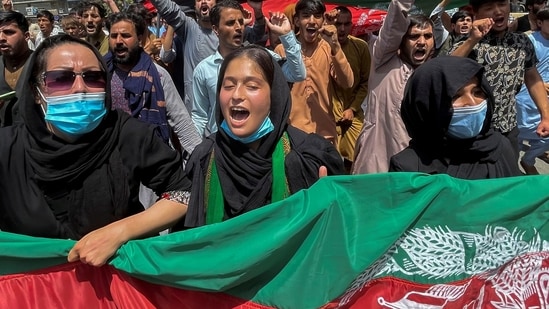
More on this story: Life of women in Afghanistan: traditions vs external expansion
Although the Afghan economy continues to experience severe shocks from the Western sanctions, the collapse of Afghanistan’s economy is nowhere near to hover around no-growth territory for the next year reflecting stagnancy rather than stability. Thus, Afghanistan’s economy remains fragile and purely dependent on external aid, with the absence of private sector or government incentives to provide immediate relief to at least half of the population in immediate need of humanitarian support.
With the decline in international aid reflecting the West’s distrust for the Taliban, Beijing and Moscow appear to be the last resort for seeking humanitarian assistance.
The Taliban has effectively curbed corruption, especially at the provincial and local levels, increasing revenue. For 2023-24, regional trade with Pakistan proved beneficial, resulting in an increase in coal and mineral experts to the immediate neighbor (Pakistan) among other regional economies, culminating in Afghan exports of over $1.9 billion. However exports appear to shrink in FY 2024-25.

More on this story: Russia provides funding for the Taliban in Afghanistan
Taking the context of the much-hyped/widely analyzed Taliban’s ban on poppy, the cultivation (combining eastern, southern and parts of north Afghanistan) dropped by over 95%. But it drove significant local Afghans into unemployment. The poppy ban destroyed over 700,000 jobs at various levels (from cultivation to processing and supply chain), costing the Afghan economy a loss of over $1.5 billion. The Emir’s decision, however, proved of great value to the likes of Sirajuddin Haqqani (the Haqqani family combined), skyrocketing the value of pure heroine in the markets of the Middle East and Africa. However, according to one estimate, the Haqqani family is showing signs of struggle in identifying stable markets (in the Middle East, largely due to the Israel-Hamas war). If the battle continues and stockpiles of pure heroine remains unsold, especially under the current ban, a possible rift may appear between the Haqqani family and the Emir. This could open the door for pro-Emir factions to dominate influential clans such as the Haqqani’s, potentially drawing a wedge in the Shura. This wedge could draw southern clans into a potential civil war with pro-Emir factions if mature.
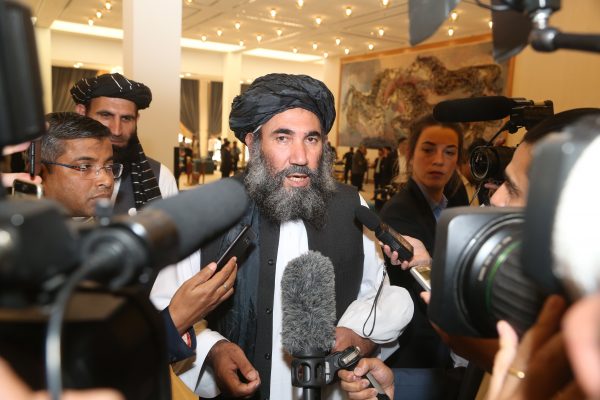
More on this story: The Taliban and AQIS Cooperation casts doubts on peace deal in Afghanistan
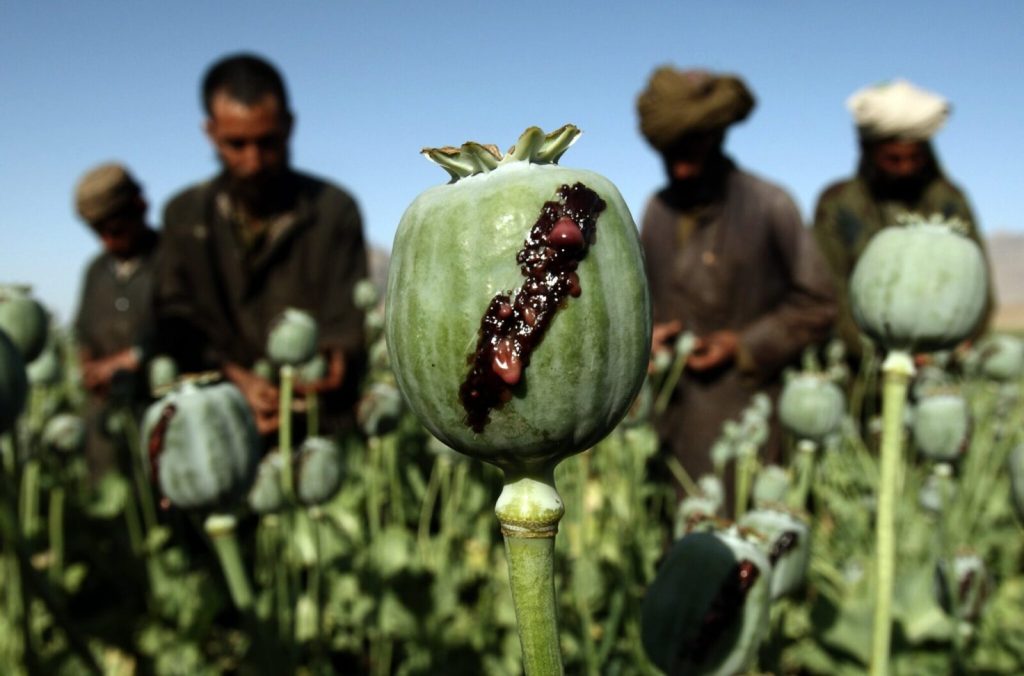
More on this story: Afghan heroin trafficking and control
The Taliban leadership appears dissatisfied with Beijing’s contribution to Afghanistan’s economy.

More on this story: China will have most influence in Afghanistan under the Taliban.
In the context of regional response over accepting the Taliban regime as a stakeholder, none of the neighbouring economies continues to raise the issue of inclusivity in the Taliban government. Kazakhstan continues to engage with the Taliban as a neutral ally, with Uzbekistan denying access to all Uzbek warlords (including former Vice President Abdul Rashid Dostum) from entering the country. Tehran continues to enjoy greater access to the Emir Akhundzada, and it exercises some influence in the shura. However, Tehran’s influence remains untested due to the ongoing water issue with the Taliban regime, which appears to have been far from resolved. Nonetheless, the Taliban continues to build dams even under Tehran’s objections. On the note of Shiite killings in Afghanistan, the executions have largely stopped, and the land theft is primarily undertaken by the Taliban leaders themselves, leaving no choice but for the Shiite Afghans to migrate.
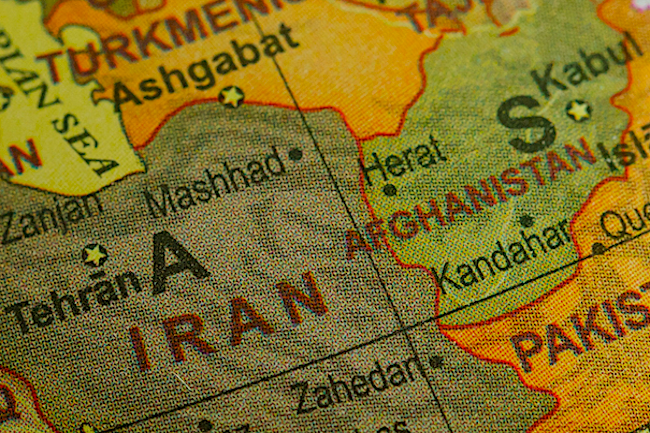
More on this story: Kabul wants Tehran to recognize Taliban’s regime using water dispute
The exponential growth of terror factions, their networks and training camps in Afghanistan is not only a cause of great concern for regional stakeholders—but a primary concern—for New Delhi. In its three-year reign, the Taliban has:
Curtailed terror groups from targeting neighbouring economies (Central Asian region, to be precise); turned a blind eye to the presence of foreign fighters in Afghanistan;
increased recruitment of Islamist militia by financing terror camps.
Foreign fighters’ presence could increased twice as much as the numbers in 2023, with Qatari and UAE-financed madrasas reinforcing Taliban fighter ranks with radicalized youths. Tehran may have opened doors of recruitment, taking in radicalized Afghan youths to fill the ranks of its Axis’ in the Middle East. Since taking over political portfolios, Sirajuddin Haqqani appears to have sidelined his engagement with Al Qaeda. One source cites Al Qaeda’s apprehension over Siraj’s dual relationship with Pakistan’s ISI and Tehran. Although the Taliban appears to have increased offensives against the ISKP, no significant successes have been achieved so far. Moscow did not blame the Taliban’s inability to target the ISKP, resulting in the attack at the Crocus City Hall of March 2024. Taliban leaders have handed over all Uigur militias within their ranks to Beijing, maintaining a steady relationship with Beijing’s Ministry of State Security. There are rumors that the Taliban’s top intelligence agency, the General Directorate of Intelligence, to have maintained constant communications with numerous Western intelligence institutions.
But it appears to have altered its relationship with its former masters in Islamabad, particularly with Inter-Services Intelligence, Pakistan’s foreign intelligence agency, by simply refusing to direct TTP to halt any/all attacks. Controlling the TTP has resulted in sustained peace in the country, as compared to curbing their actions, which might trigger members of the faction to join the ISKP in vengeance.
No scenario can predict the collapse/capitulation of the Taliban regime or the potency of a civil war in years to come. As international support for anti-Taliban resistance groups fosters, the Taliban regime remains in power in the near foreseeable future.
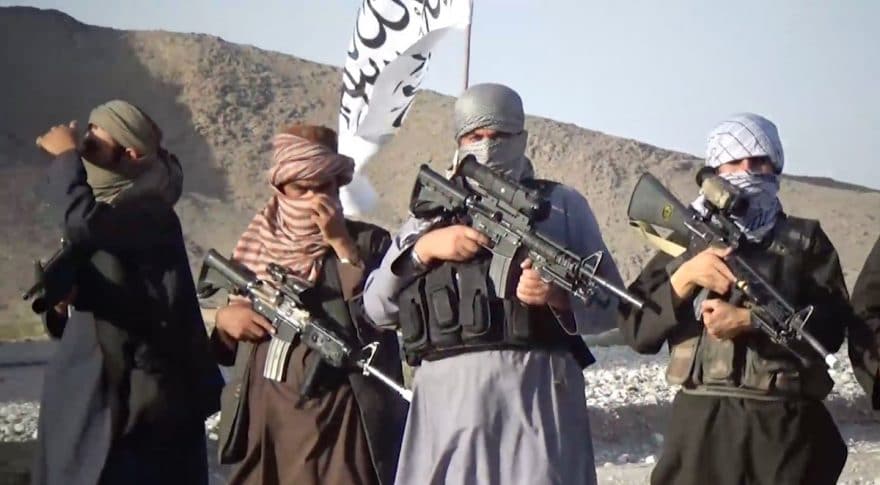
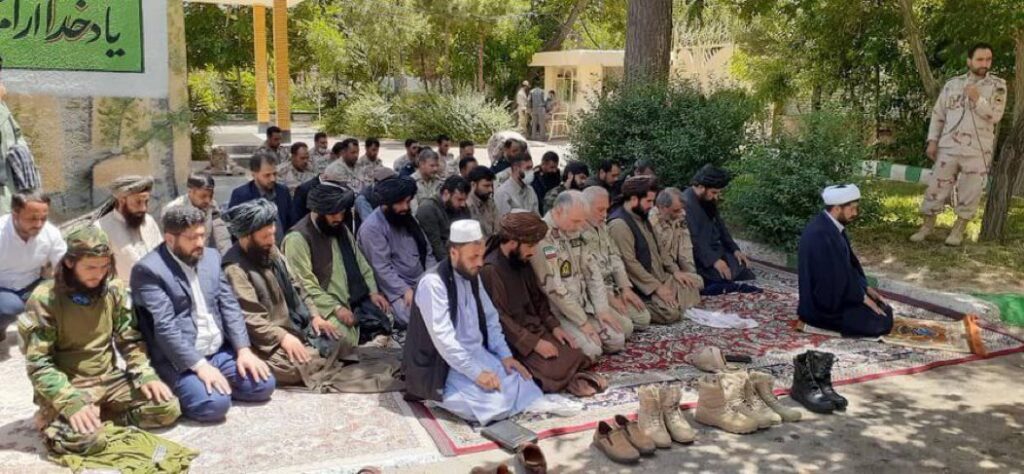
More on this story: Afghanistan’s security landscape altered under the Taliban


